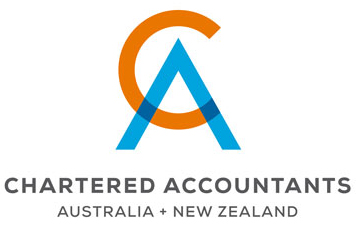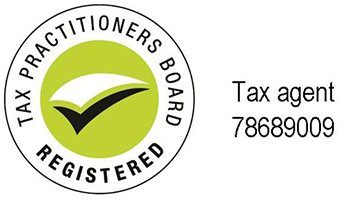Tax time tips for small business
The ATO wants to lend a helping hand to nearly four million small businesses to get their tax right his tax time.
ATO focus areas
The top 3 issues that the ATO sees when small businesses lodge their tax returns are:
- Failing to report all of their income;
- Not having the necessary records to prove small business expenses claims; and
- Claiming private expenses as business expenses (such as travel expenses).
Assistant Commissioner Peter Holt said there are three golden rules to remember about claiming deductions.
“One, the expense must have been for your business not yourself. Two, if you use something for business and private purposes, you can only claim the portion that is related to your business, and three, you need a record to prove it.”
New factsheets to address common claims
The ATO has developed fact sheets to help small businesses claiming three of the most common expenses:
- motor vehicle expenses;
- business travel expenses; and
- home-based business expenses.
Mr Holt encouraged small businesses and tax practitioners with small business clients to use the fact sheets to find out more about what can be claimed:
“They have practical examples of how these rules apply to everyday small businesses from home-based photography studios to someone who needs to travel quite a bit for their business. Our priority is to make it as easy as possible for small businesses to get it right,” he said.
Keep accurate records
The top tip for small business operators is to ensure that their records are kept up to date, as good record keeping will help them complete and lodge their tax returns, manage cash flow, meet their tax obligations and understand how their business is doing.
“Our tools also help small businesses keep accurate records. For example, sole traders can use the myDeductions tool in the ATO app to keep records of their income and expenses. Then, at tax time, they can send a copy to their registered tax agent or upload their data into their tax return.” Mr Holt said.
“In addition to making it easier to meet tax, super and salary obligations, good records mean that businesses can measure their performance against the ATO’s small business benchmarks,” Mr Holt said.
Ref: ATO media release, 14 June 2019

